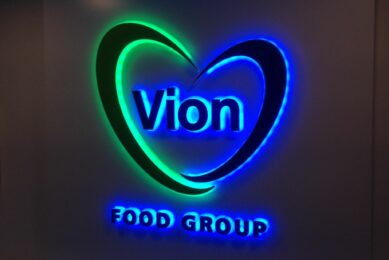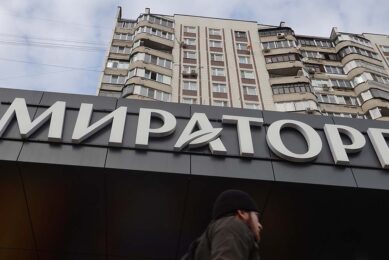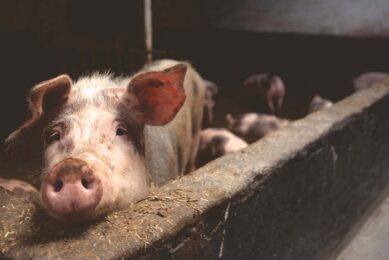US pork council complains about trade barriers
The US National Pork Producers Council (NPPC) yesterday complained about trade barriers that makes pork producers and the US economy lose billions of dollars in exports. The NPPC spoke of ‘non-science-based food-safety and health barriers erected by foreign countries’.
Testifying on behalf of NPPC, Jim Boyer, a hog farmer from Ringsted, IA, told the Small Business Committee’s agriculture, energy and trade panel that so-called sanitary and phytosanitary (SPS) measures are restricting market access for US pork and are adversely affecting US pork producers, particularly small ones like him.
Those trade-restricting barriers must fall, said Boyer in discussing SPS issues NPPC wants addressed in any trade agreements the United States negotiates, including:
• Trans-Pacific Partnership: While the US pork industry supports the TPP – an 11-nation regional trade pact – countries that are part of the agreement must eliminate their SPS barriers. The deal also should include an SPS chapter with a meaningful dispute-settlement provision.
• Russia: The country, which soon will join the World Trade Organization, has a number of SPS measures that restrict US pork imports, including a zero-tolerance standard for pathogens on meat, a standard no country can meet. Russia should abide by the WTO’s Agreement on the Application of Sanitary and Phytosanitary Measures.
• European Union: Although it should be one of the largest export markets for US pork, the EU is one of the smallest because of its SPS barriers. Any US-EU trade agreement must address such non-science-based trade restrictions.
• Taiwan: The Asian nation unfairly restricts US pork exports from hogs fed ractopamine, a feed additive approved by the US Food and Drug Administration, 25 other countries and the UN’s food-safety standards-setting body. Taiwan’s entry into the TPP negotiations should hinge on it eliminating that SPS barrier.
“We are convinced that if we sit by passively while SPS measures are erected and maintained, we will see our exports rapidly erode,” Boyer testified. “Pork producers understand that the future of our industry depends on adopting new and safe technologies and in expanding exports. We must protect our current market access from unfair barriers or such expansion will be impossible.”
Related website:
• National Pork Producers Council (NPPC)
Join 18,000+ subscribers
Subscribe to our newsletter to stay updated about all the need-to-know content in the pigsector, three times a week. Beheer
Beheer










 WP Admin
WP Admin  Bewerk bericht
Bewerk bericht